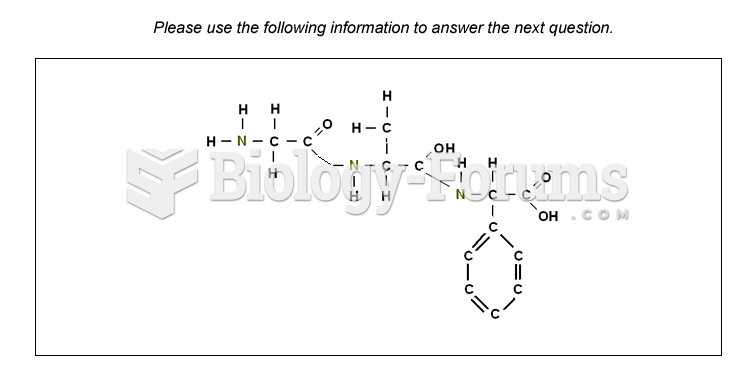Answer to Question 1
1. Parties
The grantor and the grantee must be identified, usually by name, in the deed, and the grantee must be a living or legal person. If the grantor is married, the grantor's name and that of a spouse should be written in the deed. If the grantor is unmarried, the word single or the phrase a single person should be used to indicate that status.
2. Consideration
The amount paid, whether in money or money's worth, for the property is the consideration. The amount specified need not be the actual or total price.
3, Covenants
A variety of promises may be contained in the deed, usually referencing the grantee's future use of the land.
4. Description
The property to be conveyed must be correctly described. Unless the law provides otherwise, any description that will clearly identify the property suffices. Ordinarily, however, the description used in the deed by which the present owner acquired the title should be used if correct. The description may be by lots and blocks if the property is in a city; or it may be by metes and bounds or section, range, and township if the property is in a rural area. If the description is indefinite, the grantor retains title.
5. Signature
The grantor must sign the deed. If married, the grantor's spouse also must sign. The grantee need not sign.
6. Acknowledgement
It is common practice for statutes to require that deeds be formally acknowledged before a notary public. Some states also require additional witnesses.
Answer to Question 2
The Age Discrimination in Employment Act prohibits the refusal or failure to hire, the discharge, or any discrimination in compensation, terms, conditions, or privileges of employment because of an individual's age(forty and older). The act applies to employers, labor unions, and employment agencies. The main effect of the act is to prohibit the mandatory retirement of employees. The act does not affect voluntary retirement by employees. It does provide for some limited exceptions and recognizes that age may be a bona fide occupational qualification (BFOQ).







